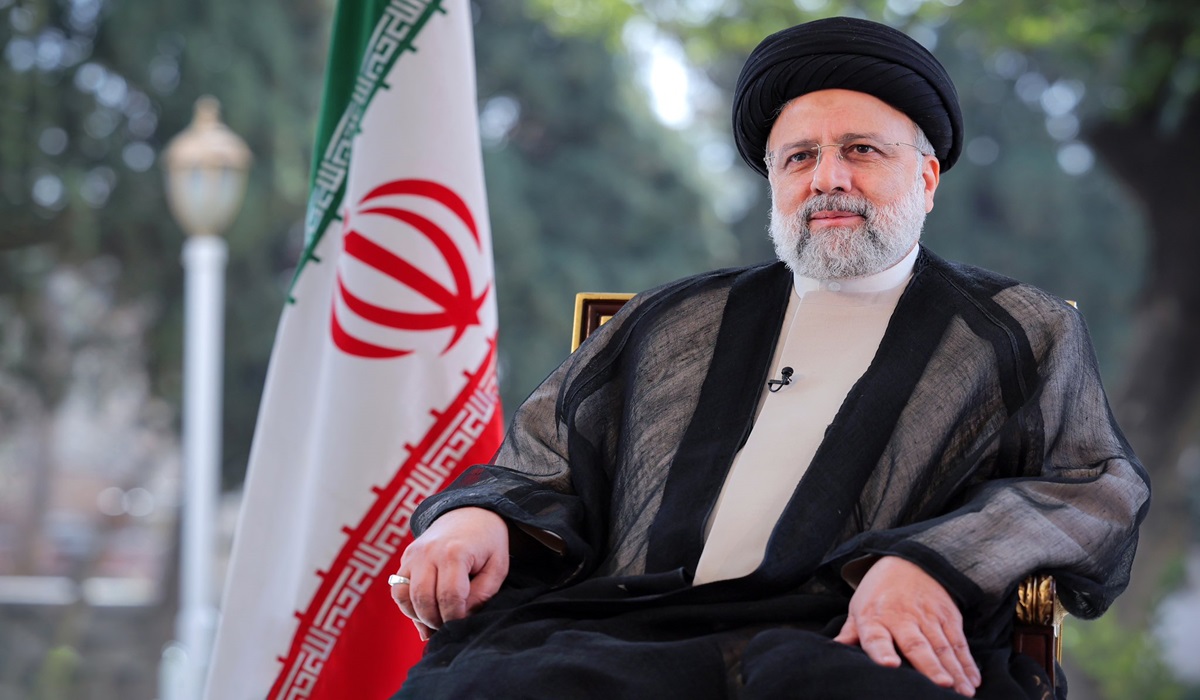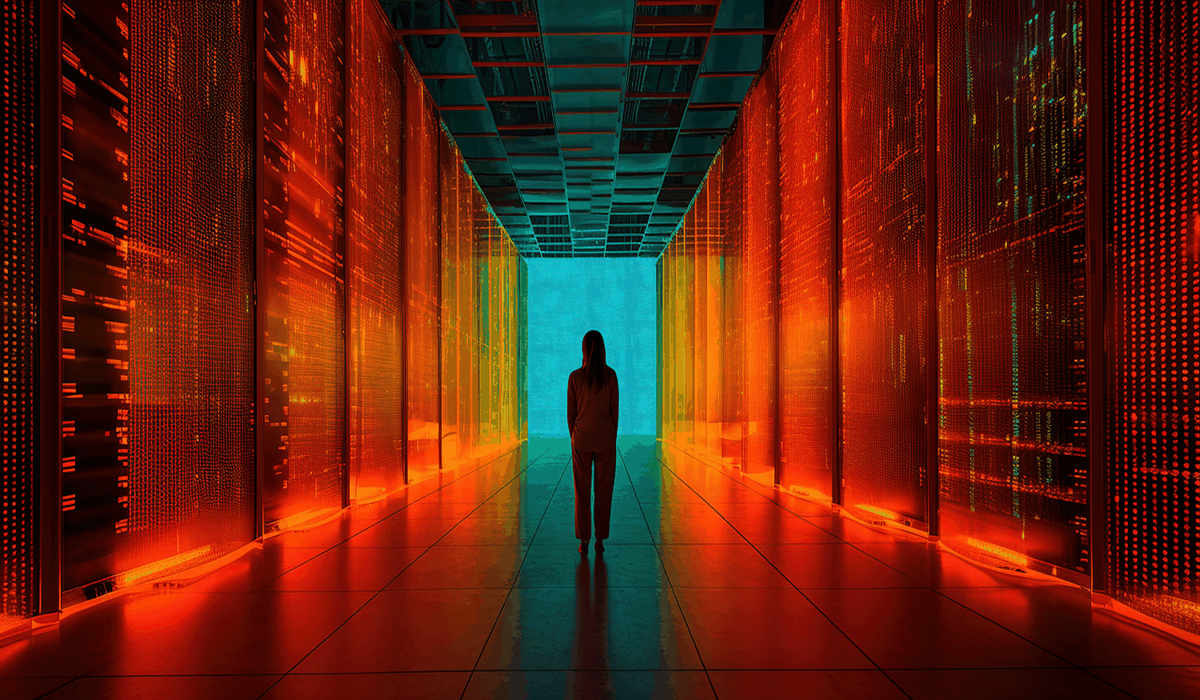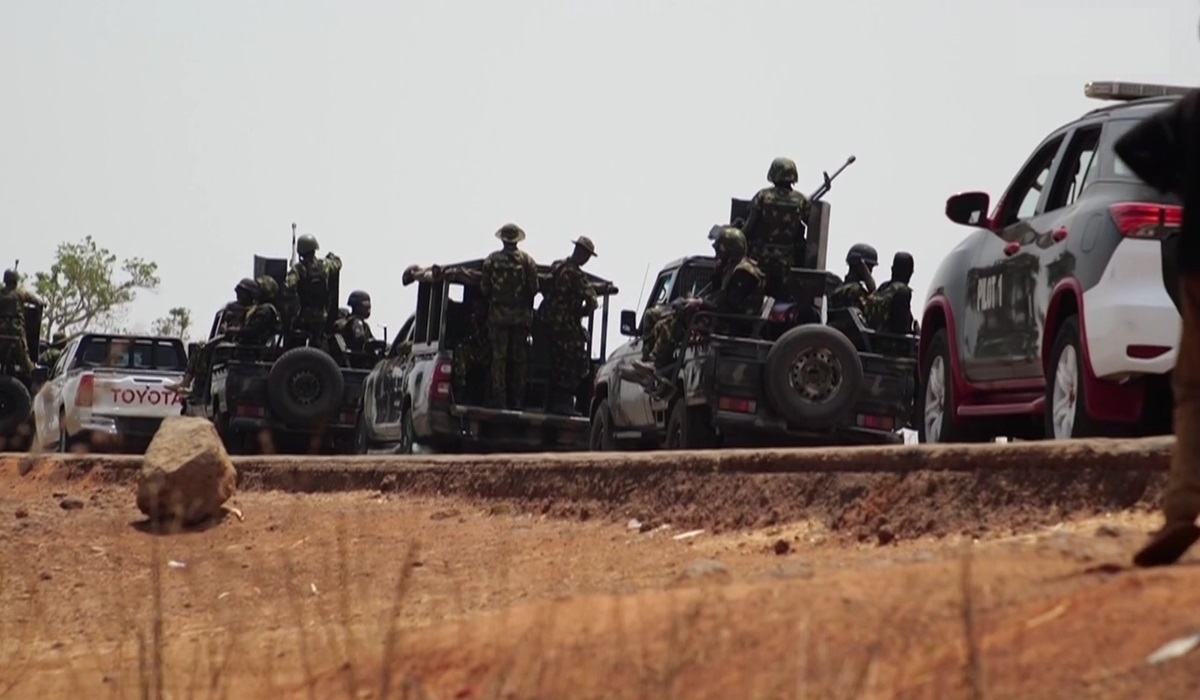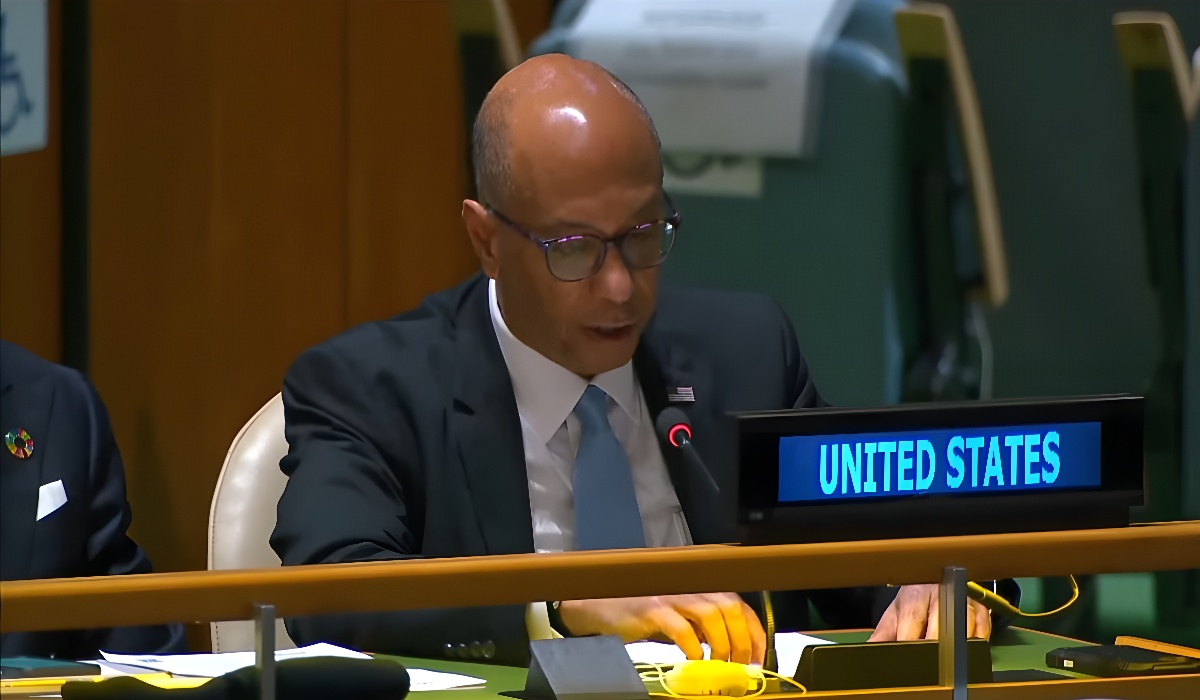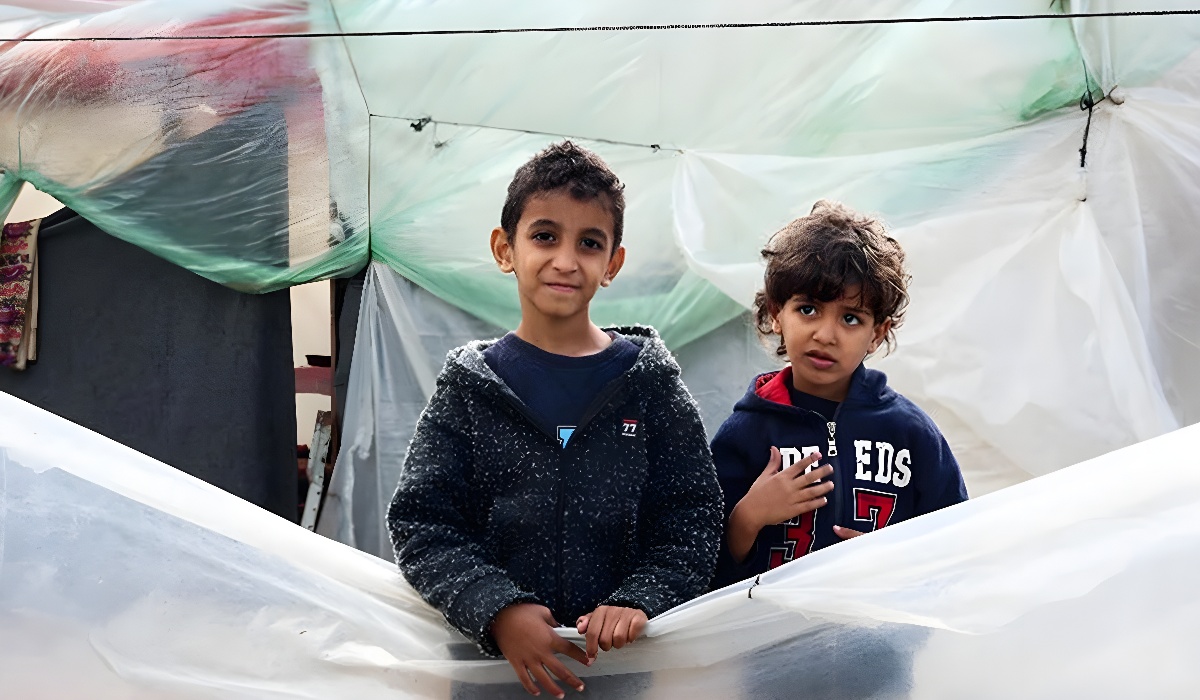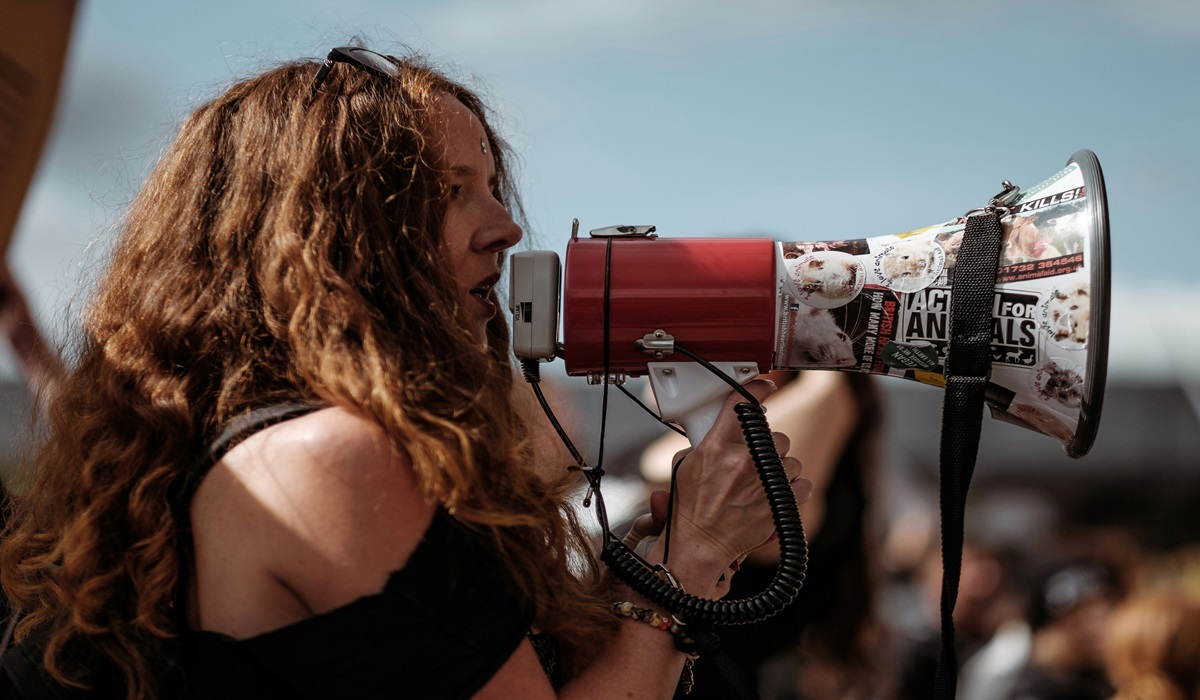A Passionate Plea for Changing the Political Discourse in the Israel-Hamas Conflict
- TDS News
- Breaking News
- October 13, 2023
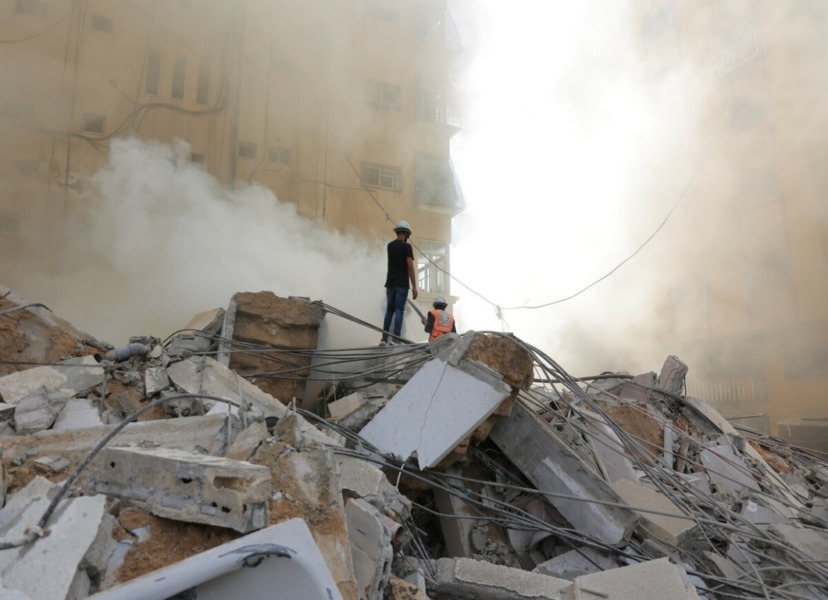
The ongoing conflict between Israel and Hamas continues to bring immense suffering and devastation to the region. Thousands of innocent Palestinians and Israelis have died, and nearly 400,000 Palestinians have been displaced. Amidst this turmoil, witnessing the state of our political discourse and how it has evolved to perpetuate the cycle of violence and suffering is disheartening.
Wars are a terrible reflection of humanity’s worst aspects and should never happen. However, the Israel-Hamas conflict showcases how political discourse has contributed to the perpetuation of violence and division.
In the current political climate, peaceful Palestinian protestors are often unfairly labeled Hamas sympathizers, even when no evidence supports this claim. Similarly, Israeli protestors are sometimes seen as supporting the bombing in Gaza, making it increasingly challenging for people to express their views without being vilified.
The media plays a significant role in framing the narrative and deliberately fails to differentiate between Palestinians and Hamas or Israelis and Zionists. Such oversimplification only fuels anger and division. We must rise above this and seek a more constructive and informed dialogue.
One reason for this unfortunate state of affairs is that those in positions of power often benefit from the perpetuation of conflict. Money is needed, and maintaining power is a top priority. As a result, nations that welcome refugees into their homelands often choose sides based on political convenience, leading to further division. It’s essential to ask what kind of leadership this represents when choosing sides while innocent lives are lost. This conflict has persisted for almost 75 years, and the world is no closer to a resolution.
Our political discourse has reached a point where there is little room for nuance. If you don’t pick a side, you are considered an enemy and a terror supporter. This narrow perspective is detrimental to finding a path toward peace and understanding.
Journalists also bear a responsibility in this matter. Some knowingly exploit the situation and contribute to the pain and suffering in the region. The tragic events in Israel and Gaza should not surprise anyone, as this region has witnessed conflict, atrocities, and displacements for decades. However, as optimistic as we may be, peace remains elusive, primarily due to outside forces using these two nations as pawns in their geopolitical games.
The cycle of destruction continues, with more rockets fired into Israel and Gaza levelled by Israeli bombs, further complicating the issue. The media coverage is often biased, making it challenging to discuss complex matters like Hamas being considered a terrorist group and liberators by others. Similarly, addressing Israel’s occupation is a sensitive issue, yet the world needs a balanced and informed perspective.
Amidst all the turmoil, we must not forget that there are Palestinians in Israelis who want peace and safety. These individuals live in fear of rocket attacks and bombings, but their narrative often goes unnoticed because it does not fit the sensationalism of mainstream media.
As a society, we must learn to humanize each other and acknowledge the historical context that plays a significant role in this conflict. It is challenging, but understanding and empathy are vital for forging a better future.
We must unite as a society and call out the nations that beat the drums of war, recognizing their role in perpetuating this crisis. It is time to move beyond headlines and labels, striving for a deeper understanding of this complex conflict and working towards a future of peace and coexistence.

